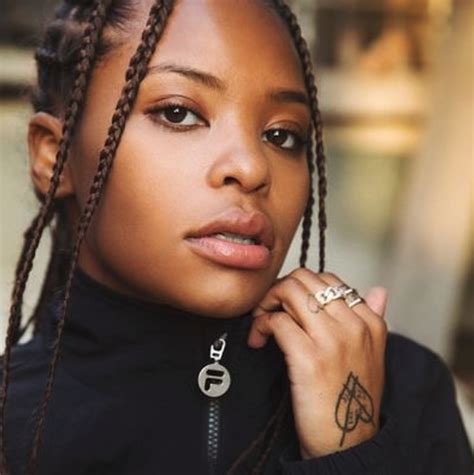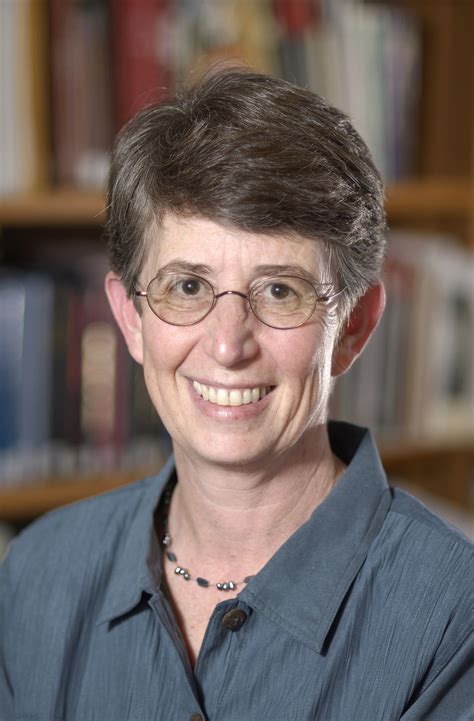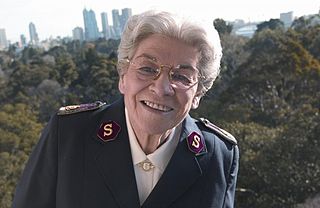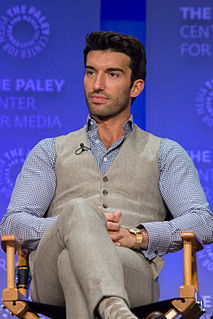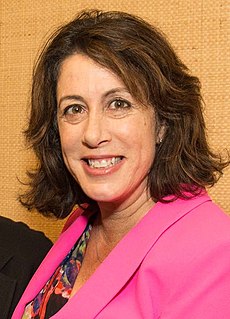A Quote by Cory Booker
To me, feminism is believing in women's equality, and I ardently ascribe to that belief.
Related Quotes
Feminism is a choice, and if a woman does not want to be a feminist, that is her right, but it is still my responsibility to fight for her rights. I believe feminism is grounded in supporting the choices of women even if we wouldn't make certain choices for ourselves. I believe women not just in the United States but throughout the world deserve equality and freedom but know I am in no position to tell women of other cultures what that equality and freedom should look like.
Feminism is a belief that although women and men are inherently of equal worth, most societies privilege men as a group. As a result, social movements are necessary to achieve political equality between women and men, with the understanding that gender always intersects with other social hierarchies.
I always go with the dictionary definition of feminism, which is just social, political and economic equality for women. And that's kind of a strategic thing on my part, because I think that it's the hardest definition to argue with. You know, who doesn't want that? Everyone wants equality for women.
I consider myself 100 percent a feminist, at odds with the feminist establishment in America. For me the great mission of feminism is to seek the full political and legal equality of women with men. However, I disagree with many of my fellow feminists as an equal opportunity feminist, who believes that feminism should only be interested in equal rights before the law. I utterly oppose special protection for women where I think that a lot of the feminist establishment has drifted in the last 20 years.
Feminism as a movement for political and social equity is important, but feminism as an academic clique committed to eccentric doctrines about human nature is not. Eliminating discrimination against women is important, but believing that women and men are born with indistinguishable minds is not. Freedom of choice is important, but ensuring that women make up exactly 50 percent of all professions is not. And eliminating sexual assaults is important, but advancing the theory that rapists are doing their part in a vast male conspiracy is not.
There's no such thing as post-feminism. It's like saying post-democracy, excuse me, what does that mean? We're nowhere near equality, so the very idea of post-feminism is ridiculous. The same people who 30-40 years ago said the women's movement is not necessary, 'it's going against nature, my wife is not interested' [are] the same people now saying 'well it used to be necessary but not anymore.' The very invention of the word post-feminism is the current form of resistance.

